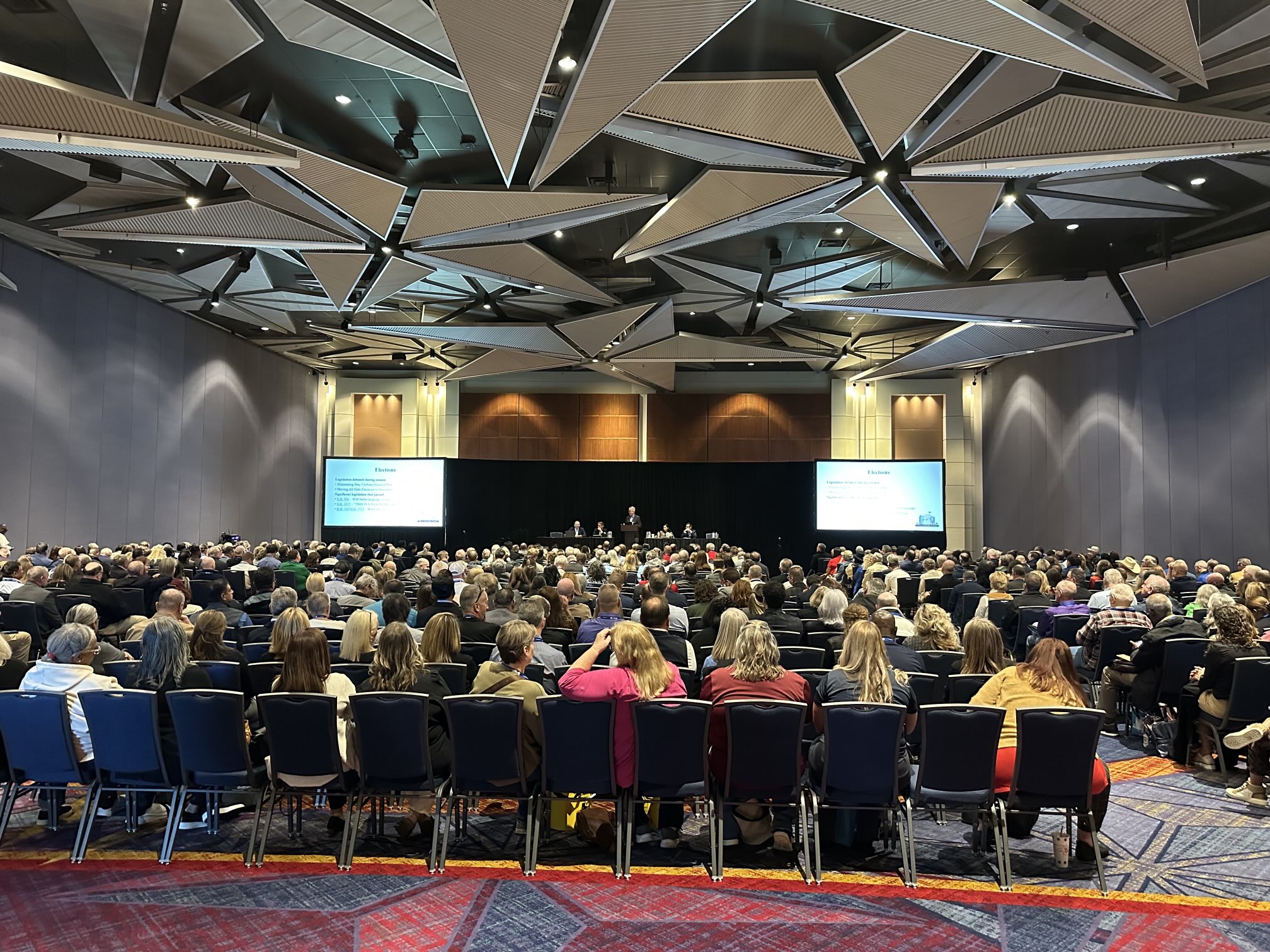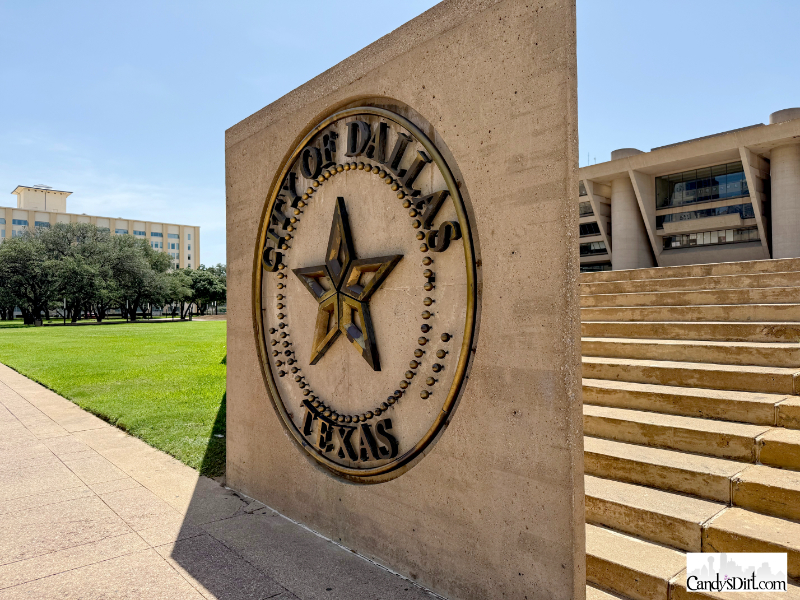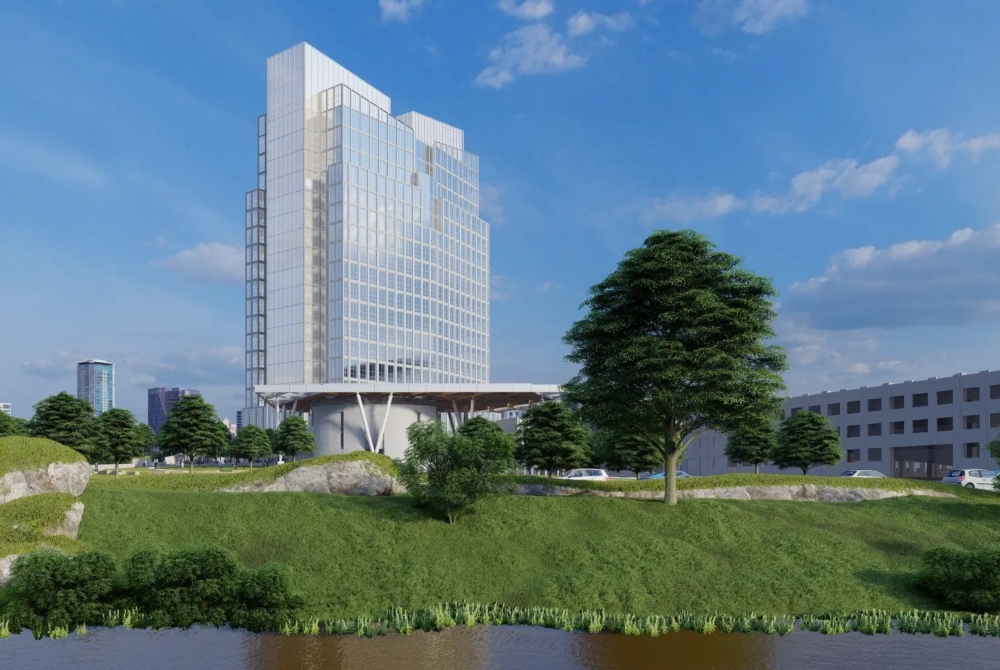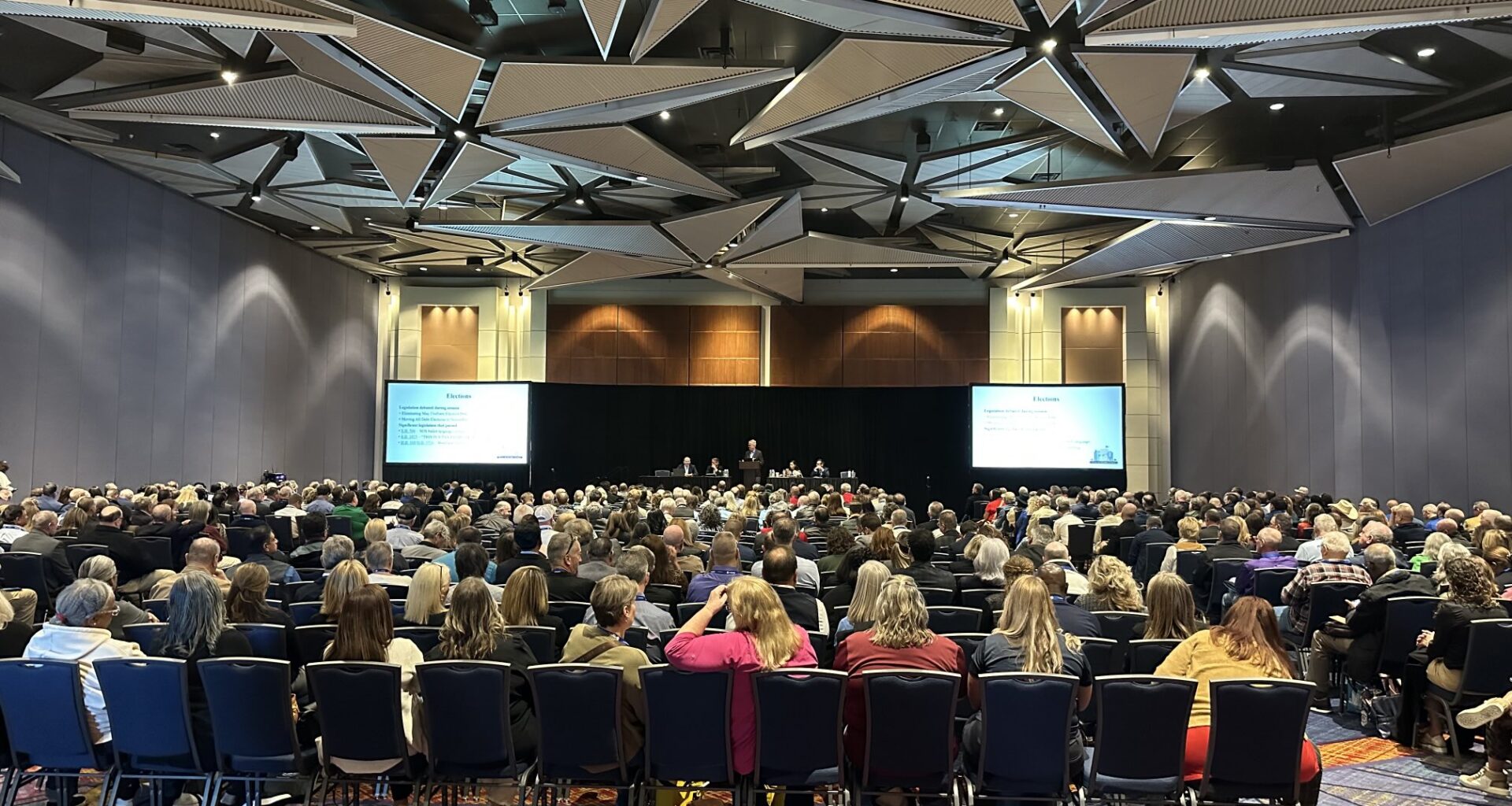 Credit: Snapper_Carr on X
Credit: Snapper_Carr on X
Don’t wait for 2027.
That was the message often repeated at the Texas Municipal League’s 113th Annual Conference held last week at the Fort Worth Convention Center.
More than 3,500 municipal employees and elected officials attended the three-day event that included a first-day welcome from Fort Worth Mayor Mattie Parker, where the overarching message was about urgent municipal collaboration with state legislators.
Among those issues concerning citizens, city councils, zoning boards, and Realtors is the topic of housing density. With a limited supply of residential options and housing prices rising, lawmakers are rethinking residential zoning as Texas faces a housing shortage.
Contacting Legislators Now the ‘Smart Move’ to Make
“Texas American Planning Association is already working on identifying legislative priorities for next legislative session, considering the impact of growth on our infrastructure systems as well as the housing needs of our communities,” said Carissa Cox, chairperson for legislative advocacy for the Texas Chapter of the APA.
The Texas legislature won’t meet again in regular session until January 2027.
Her thoughts echoed the presenters at Texas Municipal League’s 2025 legislative update, a panel discussion directed to city employees, councils, and mayors. The panelists — Bennett Sandlin, Monty Wynn, JJ Rocha, Bill Longley, and Mike Martin, all with the Texas Municipal League — recapped highlights of the past session and spoke to preparations for the next session in 2027. A portion of the summary focused on housing issues.
Density and Zoning
Land use density, a topic of national debate, has emerged as a pressing issue in Texas, according to Martin. With housing affordability a problem, the legislature has pushed to impose zoning mandates.
“Some good and some bad,” Martin said at last week’s convention.
The debate isn’t just about land use density, but also about who gets to make the decisions. City leaders argue the permitting process should remain in local hands, even as delays have prompted a legislative push toward privatization. Over the past few sessions, lawmakers have made proposals to allow third-party entities to manage permitting, but a recent bill about this failed to pass in the last session. It drew a series of amendments, and ultimately, some of the bill’s authors withdrew their support.
TML staff had a definite opinion about just who should make these evaluations.
“These decisions should be made by the people who live in the city,” Martin told the group.
Who gets to establish control of local jurisdiction — preemption — is Martin’s concern for city zoning and housing density. This legal principle, where a higher level of government, such as the state, can override or limit the authority of a county or city, is at the center of legislative debates. Limiting home rule authority would lessen cities’ power to make their own decisions for land use.
Martin said, “Loud voices are getting stronger that cities should only be allowed to do what the state says.”
 Dallas City Hall (Credit: Mimi Perez for CandysDirt.com)
Dallas City Hall (Credit: Mimi Perez for CandysDirt.com)
 Fort Worth City Hall
Fort Worth City Hall
2025 Bills
As CandysDirt.com has reported on, two housing-related bills that were passed during the 2025 legislative session, both aim at expanding development options in the state’s largest cities. Senate Bill 840 allows mixed-use and multifamily residential buildings to be constructed in areas previously zoned for non-residential use. Senate Bill 15, nicknamed the “tiny lot bill,” allows residential development on smaller parcels of land in undeveloped areas.
Both measures apply only to cities with populations of more than 100,000, affecting 19 municipalities across the state. In North Texas, those cities are Dallas, Fort Worth, Arlington, Plano, Irving, Garland, Frisco, McKinney, and Denton.
Discussions are already underway in some circles about bills for the 2027 session, and the conference’s clear message is that procrastination is not prudent. In her closing statement during the panel discussion, Rocha reiterated what had become a common refrain during TML’s annual meeting.
Now is the time, she said, “for open communication with your elected officials.”
